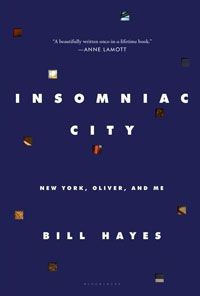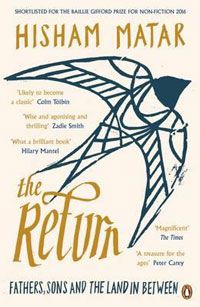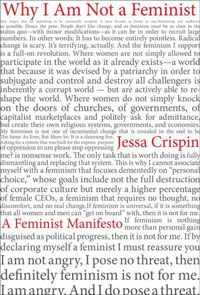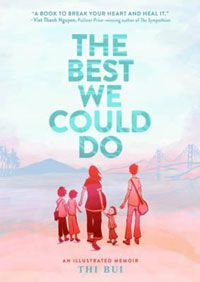Each week we bring you a sample of the books we’re reading, the films and TV shows we’re watching, and the music we’re listening to.
Mark Rubbo is reading Insomniac City by Bill Hayes
I’ve just finished writer Bill Hayes’s elegy to New York, and to his lover and partner – the late Oliver Sacks.
Insomniac City is a gentle, delightful book, full of humanity yet tinged with sadness. Hayes moved to New York from San Francisco in 2008 after the death of his partner and shortly after arriving, he met the great neurologist. Their courtship is slow, restrained. Sacks struggled with his sexuality for most of his life, and at first he is embarrassed to be seen in public with Hayes. Over time, the relationship develops into a deep love that transcends this barrier; Sacks says, ‘I now want to say that I love you… and that I would be happy to go anywhere with you’.
Hayes come across as a caring and inquisitive man, one who is deeply in love with not only Sacks but also his new home. From skateboarders to elderly artists, from an ice addict to the Bangladeshi worker in the convenience store, Hayes describes a New York that we’ve never encountered before. And always in the background is Oliver, a fascinating and amazing man in slow decline. I’m not easily moved to tears but one simple line in the book’s final pages caught me up short, gasping, fighting back tears. Read this book. I hope it will affect you as it has me.
Ellen Cregan is reading The Return by Hisham Matar
The Return is subtitled ‘fathers, sons, and the land in between’, and while physical and geographical distances are an important aspect of the book, it is the metaphysical space between Matar and his father, kidnapped and imprisoned by the Libyan government (under Gaddafi), that I found most intriguing and heartbreaking.
A great deal of this book takes place in the years where Matar had no idea whether his father was alive or dead. For Matar and his family, this living purgatory is unbearable. It is also not unfamiliar for many Libyan families, especially those who fled the Gaddafi regime. Hisham Matar is a fabulous writer on so many levels. His prose is ornate, but not in an overwhelming or distracting way. The way he writes about Libya intertwines its history with his personal and familial history. It’s remarkable how much I learnt from this book about the country’s history without really noticing. However, my favourite thing about Matar is that he’s the sort of writer who has the skill to craft images that you’ll remember vividly for years.
Chris Gordon is reading Why I am Not a Feminist by Jessa Crispin
This week, I’ve been reading Jessa Crispin’s excellent essay on feminism with equal dismay and admiration. Why I am Not a Feminist is a call for a revolution. For me, feminism has felt always like a call to arms, so I was wary of Crispin’s immediate positioning. She accuses the feminist movement of being a little soft and commercial, and she reckons that on the whole, feminists are fearful rather than fearless. Well, I believe she is right, but I also believe that the more obvious we make our feminism, the better. Do we need to step up? Yes. Will reading Why I am Not a Feminist stir you up? Yes. Will the book cause discussion and debate at gatherings ? Yes. Will it galvanise readers? I hope so, but I also worry it will not. The book may simply be too decisive.
Regardless, I recommend this book to everyone. It’s time to light the fire in your belly.
Bronte Coates is reading The Best We Could Do by Thi Bui
Thi Bui’s illustrated memoir is an absolute stunner. I haven’t felt this way about a book in a long time.
The first chapter opens with Bui’s description of giving birth to her first child. The book then takes us into the past as she attempts to become closer to her own parents by learning about their lives. Throughout, she documents her parent’s childhood and early adulthood experiences, the family’s difficult escape after the fall of South Vietnam in the 1970s and their struggles to adjust to life in America. With gorgeous artwork that powerfully emphasises the simple text, she reflects on the lasting effects of displacement on them all.
At the heart of this story lies Bui’s ongoing struggle to reconcile her simultaneous roles as both child and parent. It was this part of the book that moved me most deeply. The illustrations cleverly depicted this tension throughout the book, such as in the way that the child version of the same character would replace the adult version at certain pivotal moments. I also loved how the story was punctuated with scenes of Bui working on the book, or the reactions of her family when she shares pages with them.
Stories told by refugees and asylum seekers feel more important than ever right now, and I highly recommend you seek this particular one out. I think it’s likely to be one of my favourite books all year.






